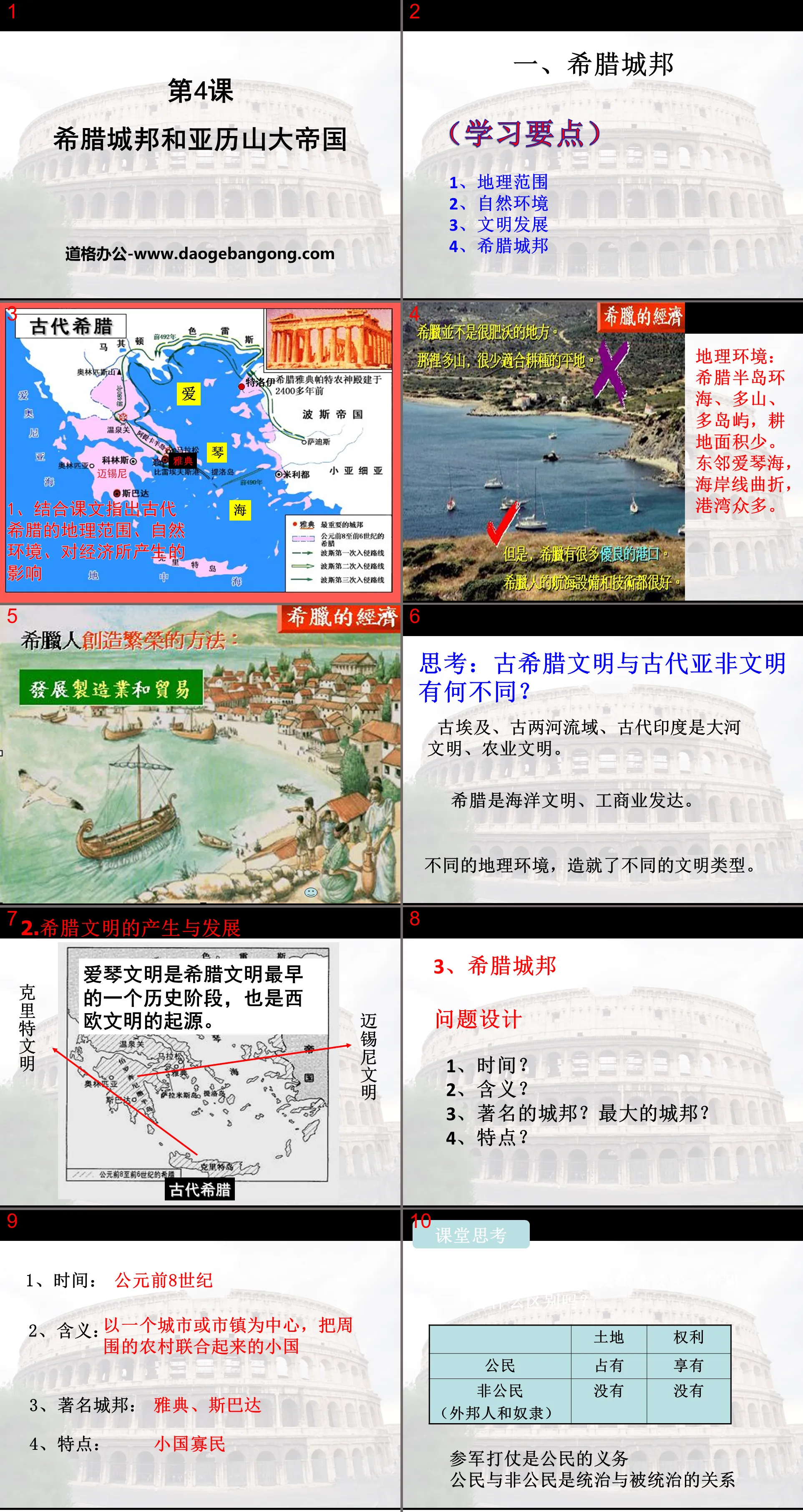The second volume of history for eighth grade compiled by the People's Education Publishing House
Zhonghua Book Company Edition Eighth Grade History Volume 2
People's Education Press Seventh Grade History Volume 1
People's Education Edition Eighth Grade History Volume 1
Zhonghua Book Company Edition Seventh Grade History Volume 2
Volume 1 of the seventh grade history compiled by the People's Education Publishing House
Yuelu Edition Seventh Grade History Volume 2
People's Education Edition History and Society 9th Grade Part II
People's Education Press Seventh Grade History Volume 2
People's Education Edition Eighth Grade History Volume 2
People's Education Press History and Society Grade 7
East China Normal University Edition Seventh Grade History Volume 1
People's Education Press Ninth Grade History Volume 2
People's Education Press History and Society Grade 9
People's Education Press History and Society for Grade 8 Volume 1
Yuelu Edition Seventh Grade History Volume 1

| Category | Format | Size |
|---|---|---|
| People's Education Press Ninth Grade History Volume 1 | pptx | 6 MB |
Description
"Greek City-States and Alexander's Empire" PPT download
Part One: Greek City-States
(Learning points)
1. Geographical scope
2. Natural environment
3. Civilization development
4. Greek city-states
Geographic environment: The Greek peninsula is surrounded by the sea, has many mountains, and has many islands, with little cultivated land. Bordering the Aegean Sea to the east, it has a winding coastline and numerous harbors.
Thinking: What is the difference between ancient Greek civilization and ancient Asian and African civilizations?
Ancient Egypt, ancient Mesopotamia, and ancient India were river civilizations and agricultural civilizations.
Greece is a maritime civilization with developed industry and commerce.
Different geographical environments have created different types of civilizations.
2. The emergence and development of Greek civilization
The Aegean civilization was the earliest historical stage of Greek civilization and the origin of Western European civilization.
3. Greek city-states
Problem design
1. Time: 8th century BC
2. Meaning: A small country centered on a city or town and uniting the surrounding rural areas.
3. Famous city-states The largest city-states
Athens, Sparta
4. Characteristics: Small country with few people
Greek City-States and Alexander's Empire PPT, Part 2: Democratic Politics in Athens
(Learning points)
1. Prosperity
2. Performance
3. Evaluation
1. The prosperity of the city-state of Athens
In the 6th century BC, Athens became a famous slave republic.
In the second half of the 5th century BC, when Pericles was in power, Athens reached its heyday, and slave-owner democracy developed to the peak of the ancient world.
2. The performance of Athenian democracy in its heyday
1. Politically, expand civil rights
2. Economically, overseas trade develops and economic prosperity
3. Culturally, science and culture have made brilliant achievements
Reforms during the reign of Pericles (444-429 BC):
1. Public officials are almost always drawn by lot from all citizens, so that every citizen has the opportunity to participate in politics;
2. The ten presidiums representing various places take turns presiding over the daily affairs of the city-state and convening citizens' meetings. These presidiums are drawn by lots from various places, and the chairman of the presidium is also drawn by lot;
Features: Take turns to rule
3. The Citizens’ Assembly is the highest authority with legislative, judicial and other intelligences;
4. In order to ensure that poor citizens can participate in politics, Pericles also established a subsidy system.
Features: Equality among citizens
3. How to evaluate the democratic politics of Athens? (After-school activities)
Positive: It provided political conditions for the prosperity of Athens and developed the democratic politics of the ancient world to its peak. It had a profound impact on the formation of Western democratic systems in later generations.
Limitations: Gentiles, slaves, and women, who accounted for the vast majority of the population of Athens, did not have any political rights. It is still essentially a dictatorship of slave owners over slaves (limited democracy).
Greek City-States and Alexander's Empire PPT, Part Three: Alexander's Empire
(Learning points)
1. Territory
2. Reasons for success
3. Impact
King Alexander
Alexander (reigned 336 BC - 323 BC)
Son of King III of Macedonia.
At that time, Aristotle, the "most knowledgeable man" in Greece, was his tutor. He learned philosophy, medicine, science and other aspects of knowledge from the teacher. He was influenced by Greek culture since childhood and especially loved reading "Homer's Epic". . Since the age of 16, he has been fighting with his father and marching south. At the age of 18, he commanded the right wing of the Macedonian army and defeated the Greek coalition. At the age of 20, he organized the eastern invasion as the supreme commander of the Macedonian and Greek coalition forces. It is said that during the expedition, he ordered everyone to "treat the world as their homeland."
Greek City-States and Alexander’s Empire PPT, Part 4: Problem Exploration
The reasons for Alexander's success
Internal reason: Alexander’s outstanding military commanding ability
The super combat effectiveness of the Macedonian army
External reasons: The Persian Empire was too decadent
Some people say: "Alexander's Eastern Expedition was an aggressive war with no positive meaning." What do you think of this?
Negative: Aggressive, bringing huge disasters to the people of the East and plundering countless wealth from the Eastern world;
Positive: It promotes the collision and integration of Eastern and Western cultures, and strengthens economic ties and trade between the East and the West.
Greek City-States and Alexander's Empire PPT, Part 5: Classroom Exercises
1. Greek civilization first emerged in ( )
A. Mediterranean region B. Black Sea region C. Baltic Sea region D. Aegean Sea region
2. The outstanding characteristics of Greek city-states are ( )
A. Few people, more land B. Small country with few people
C. Less land, more people D. More people, more land
3. The development of Athenian democracy reached its peak during the reign of ( )
A. Hammurabi B. Octavian
C. Pericles D. Alexander
4. The highest authority of the state in Athens is ( )
A. Citizens' Assembly B. Meeting of Five Hundred
C. Jury court D. Senate
5. In 334 BC, he began his eastern expedition and established a huge empire spanning Europe, Asia and Africa. People have different evaluations of him: "great military strategist", "wise leader", "warlike general", "greedy invader", "culture lover", etc. What do you think this person is ( )
A. Hammurabi B. Octavian
C. Pericles D. Alexander
Keywords: free download of history PPT courseware for the ninth grade of the People's Education Press, volume 1, Greek city-states and Alexander's empire PPT download, .PPT format;
For more information about the PPT courseware "Greek City-States and Alexander's Empire", please click the "Greek City-States and Alexander's Empire" ppt tag.
"Greek City-States and Alexander's Empire" PPT courseware:
"Greek City-States and Alexander's Empire" PPT courseware Part 1: New lesson introduction 1. In which city will the 28th Summer Olympics be held? A. Paris B. Athens 2. Which country is the birthplace of the Olympic Games? A. Greece B. Rome 3. At the 28th Summer Olympics in Athens...
"Greek City-States and Alexander's Empire" PPT:
"Greek City-States and Alexander's Empire" PPT Part One Content: Teaching Objectives 1. Understand the Greek city-states and the development process and characteristics of Athenian democracy. 2. Master Alexander the Great's Eastern Crusades and the founding of his empire. 3. Experience the advantages of Athenian democracy...
File Info
Update Time: 2024-11-21
This template belongs to History courseware People's Education Press Ninth Grade History Volume 1 industry PPT template
"Greek City-States and Alexander's Empire" PPT download Simple campus recruitment activity planning plan summary enterprise and institution recruitment publicity lecture PPT template is a general PPT template for business post competition provided by the manuscript PPT, simple campus recruitment activity planning plan summary enterprise and institution recruitment promotion Lecture PPT template, you can edit and modify the text and pictures in the source file by downloading the source file. If you want more exquisite business PPT templates, you can come to grid resource. Doug resource PPT, massive PPT template slide material download, we only make high-quality PPT templates!
Tips: If you open the template and feel that it is not suitable for all your needs, you can search for related content "Greek City-States and Alexander's Empire" PPT download is enough.
How to use the Windows system template
Directly decompress the file and use it with office or wps
How to use the Mac system template
Directly decompress the file and use it Office or wps can be used
Related reading
For more detailed PPT-related tutorials and font tutorials, you can view: Click to see
How to create a high-quality technological sense PPT? 4 ways to share the bottom of the box
Notice
Do not download in WeChat, Zhihu, QQ, built-in browsers, please use mobile browsers to download! If you are a mobile phone user, please download it on your computer!
1. The manuscript PPT is only for study and reference, please delete it 24 hours after downloading.
2. If the resource involves your legitimate rights and interests, delete it immediately.
3. Contact information: service@daogebangong.com
"Greek City-States and Alexander's Empire" PPT download, due to usage restrictions, it is only for personal study and reference use. For commercial use, please go to the relevant official website for authorization.
(Personal non-commercial use refers to the use of this font to complete the display of personal works, including but not limited to the design of personal papers, resumes, etc.)
Preview










